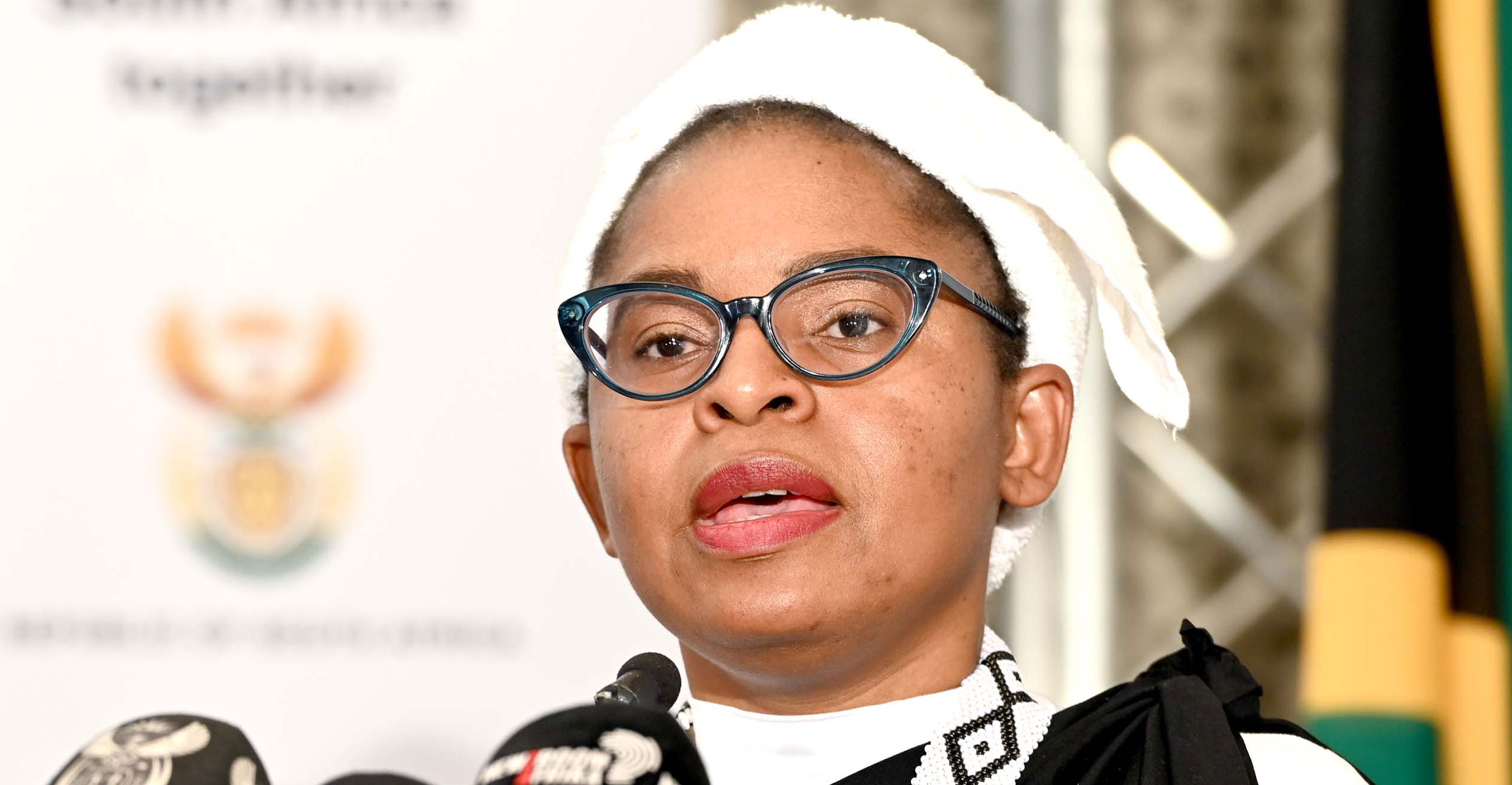
Communications minister Khumbudzo Ntshavheni has blamed the recent floods in KwaZulu-Natal and parts of the Eastern Cape for a delay in the roll-out of digital set-top boxes.
The minister, who was speaking to journalists in Pretoria on Friday ahead of a constitutional court judgment expected before the end of the month on whether there’ll be a further delay to broadcasting digital migration, said about 110 000 boxes are still to be deployed to households who have registered for them in the two provinces.
The delayed roll-out comes a week ahead of the anticipated release of broadcasting spectrum, known as the digital dividend, by communications regulator Icasa to mobile operators who have paid for access. Their ability to use these frequency bands will, however, be constrained if they’re still being used by broadcasters like the SABC and e.tv.
In April, e.tv appealed directly to the constitutional court to try to stop the minister from switching off analogue broadcasts countrywide on 30 June. Failing its direct appeal to the apex court, the broadcaster has also approached the high court, conditionally, for leave to appeal the matter to the supreme court of appeal.
The constitutional court is expected to hand down judgment by no later than next Thursday. Ntshavheni said at Friday’s press conference that she is defending the legal action “in the national interest”.
The minister said government has completed set-top box installations for poorer households – this forms part a taxpayer-funded subsidy scheme – in the Free State, Northern Cape, Limpopo, Mpumalanga and Gauteng. However, the floods have “severe impacted” the roll-out in KwaZulu-Natal and the Eastern Cape “due to damages to beneficiary houses and road infrastructure that has led to inaccessibility of some communities”.
Unconnected
“As a result, as of 21 June, a total of 109 270 beneficiary households remain unconnected in the two provinces,” she said. The minister did not say how many homes in total have now been connected with the subsidised boxes. She emphasised that registrations remain open households with income of less than R3 500/month, but said interest is the scheme has dwindled.
However, in its fight with the minister, e.tv has told the constitutional court that millions of households could be left without television if analogue switch-off is rushed through.
“These millions of South Africans are imminently to have their television signals cut off through a precipitous and unlawful analogue switch-off by the minister … in violation of their constitutional rights,” it said.
“In brief, e.tv asserts that the minister bears an obligation under section 7(2) of the constitution not to retrogressively deprive South Africans of rights that they have previously enjoyed, including the right to receive information, a component of the right to freedom of expression…”
In response to e.tv’s court action, a spokeswoman for Ntshavheni said in April: “Any delay in accessing the digital dividend through protracted and unmerited court challenges such as that of e.tv seek to perpetuate digital exclusion and furthers the marginalisation of the poor and majority of our people residing in rural areas.” — © 2022 NewsCentral Media




